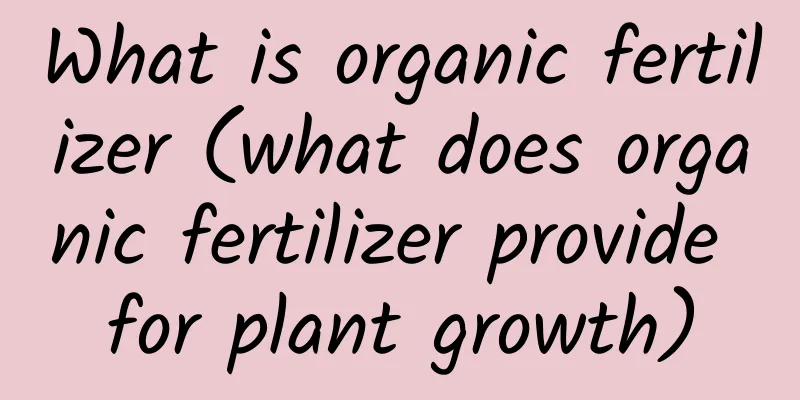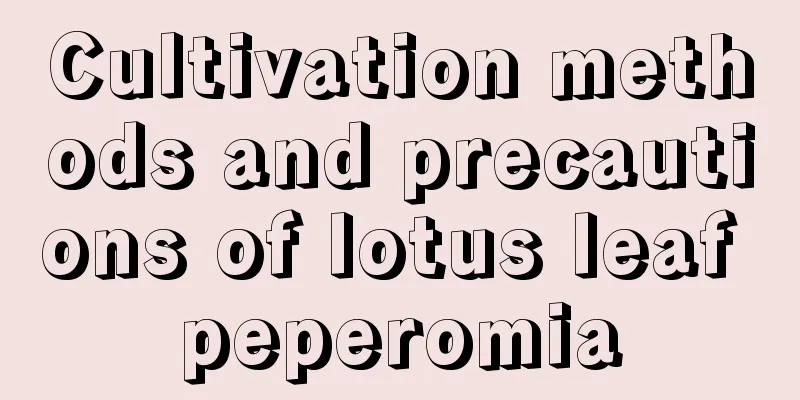What is organic fertilizer (what does organic fertilizer provide for plant growth)

What is organic fertilizer?Organic fertilizer refers to fertilizer containing organic matter . This type of fertilizer can be made and used locally in rural areas using various crop straws, natural weeds, animal and plant remains, garbage, etc. as raw materials. Organic fertilizer is also called farmyard manure. There are many types of organic fertilizers. Organic fertilizers include compost made from human feces, livestock and poultry feces, crop straw, fermented manure and biogas fertilizer, and soil fertilizers including: wood ash, coal ash, garbage fertilizer, mud fertilizer, rock ash, lime, and gypsum . Oil cake fertilizers include : rapeseed cake, cottonseed cake, tea seed cake, soybean meal, peanut cake, humic acid fertilizers, green manure, etc. Characteristics and functions of organic fertilizer 1. Comprehensive nutrition Organic fertilizers have a great effect. First, organic fertilizers contain comprehensive nutrients. They contain both the macroelements necessary for crops and trace elements and growth stimulating substances, making them complete fertilizers. 2. Organic fertilizer contains a lot of organic matter These organic matters play a unique role in improving soil properties, increasing soil fertility and eliminating soil pollution. 3. Organic fertilizers have a slow effect, but their fertility lasts long Because most of the nutrients contained in organic fertilizers are in organic form, they need to be continuously decomposed and transformed by microorganisms before they can be absorbed and utilized by crops. 4. The quantity is very large and the cost is relatively low Fourth, organic fertilizers are widely available, in large quantities, and at low cost. The production cost of using organic fertilizers is low and the profit is high. However, the nutrient content of organic fertilizers is relatively low, and the preparation, storage, transportation and application of the largest amount of fertilizers are inconvenient. 【 Summarize 】 The use of organic fertilizers can not only ensure high and stable yields of crops, but also fertilize the soil. Precisely because organic fertilizers have a great effect on improving soil and increasing production, we must vigorously strengthen the utilization of organic fertilizers in agricultural production. Fertilization should be based on organic fertilizers, supplemented by chemical fertilizers, and a combination of organic and inorganic fertilizers. |
Recommend
Hydrangea cutting time and method
Hydrangea cutting time Hydrangeas can be propagat...
Principles of Planting Orchids with Hard Planting Materials
1. The principle of hard planting material Hard p...
What are the cultivation methods and precautions of Mimosa
Mimosa Introduction Mimosa is a perennial herb or...
How to grow and propagate Shrimp Flower
1. How to raise 1. Light: Shrimp grass prefers li...
How to grow aloe vera more vigorously?
As a common household potted plant, aloe vera is ...
When is the best time to repot azalea?
Rhododendron repotting time Do not repot azaleas ...
Cultivation methods and precautions of Gloxinia
1. Matrix If you want the plants to grow better, ...
Tips for Ginkgo Bonsai
Planting time and soil for ginkgo bonsai When mak...
Can I sprinkle water on the leaves of roses? What should I do if I water too much?
1. Can I sprinkle water on its leaves? When water...
Konjac planting method and time best planting time and planting steps
Suitable time for planting konjac Konjac can be p...
Dandelion planting technology (time, method and benefits)
1. Planting technology 1. The planting time of th...
Four tips to extend the flowering period of white magnolia
Magnolia Planting Plant in spring before flowerin...
How to propagate the cycads and what to pay attention to
Reproduction method of Hylocereus The propagation...
Does Chinese toon prefer shade or sun?
Does Chinese toon prefer shade or sun? Toona sine...
What flowers are suitable for growing in Qinzhou? What are the city flowers and trees?
1. Climate characteristics of Qinzhou Qinzhou has...









